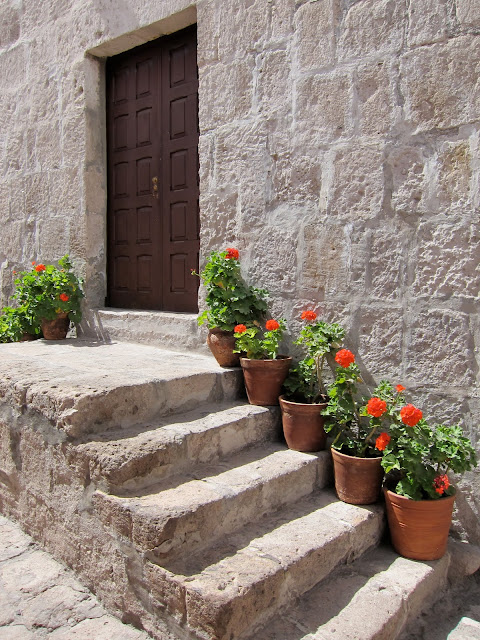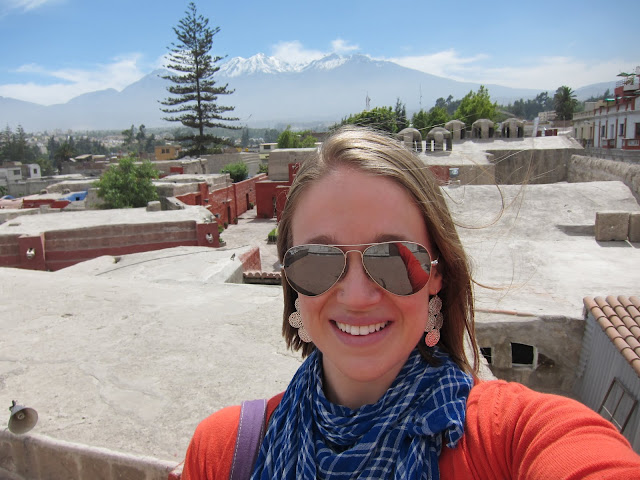I wish I had held his hand more.
One week from finishing my third year of medical school, I just had my first patient die.
Mr. Wallace* had stage IV adenocarcinoma of the lung. He was living independently, grocery shopping in his electric-powered wheelchair. He had been on chemotherapy and radiation and he was all set for another round of palliative treatment when he came in to the hospital.
The last time I saw him, he kept talking about how his friend was about to visit, and he was futzing with his cell phone and saying that when she came, he was going to have her put her number in his phone under "family" instead of "friends" in his contacts list.
I'm not quite sure why. He didn't seem to have any family, at least not any that we had heard of during his nearly-three-week stay with us. She was a good friend of his. I am not quite sure why it was so important to him that she be listed as family in his cell phone, but it was something that he perseverated on often during that last week.
"When she comes," he would say, chin tilted up so he could peer through the glasses perched at the tip of his nose at the small flip phone in his hand, "When she gets here, I'm going to have her put her number under family here in my phone, instead of under friends. When she gets here, I want to have her change her number and put it under family instead of under friends."
He repeated himself over and over. I would say okay, that sounds great, the first couple of times, and then try to ask one of the questions I needed to ask him - "Mr. Wallace, how is your pain?" He would ignore me and keep mumbling and muttering, rarely looking up or acknowledging my question, although I knew he had heard me. I would smile and nod for a few seconds and then try again, "Mr. Wallace, how is your stomach feeling this morning? Have you had a bowel movement?"
Eventually he would look at me and answer my questions. I would lean on the side rails of his bed, trying to get a little closer to him so that neither of us felt like I was shouting at him. I tried not to push very much or very hard on his belly - I knew it was painful for him. I knew it was riddled with metastatic cancer that was no longer being treated.
I was off today when he died.
My intern updated me later on in the evening - we were both surprised. "Didn't think he was that close," she said. I was taken aback and immediately sad. So strange, I thought. Mr. Wallace, gone. He was just here. In fact, he had been in the hospital for my entire rotation there. He was admitted on my first day on service, and he was the first patient I was assigned that day.
I saw him every day. But I didn't usually linger too long at his bedside.
He talked slowly. He mumbled and he rambled and he repeated himself and he ignored questions and he would just keep talking and talking and talking and most days I would finally end up raising my voice just above his and say "Ok, Mr. Wallace! We'll see you a little later, then, ok? Bye, Mr. Wallace!" as I backed out of his room.
I wish I had been more patient with him when he kept talking and talking and talking, repeating the same sentences and phrases and questions over and over and over again. I had other patients to see. Other patients that had a lot of the same issues. Elderly, hard of hearing, terminal illnesses, chronic pain, intractable nausea, hard-to-manage constipation.
We had a very busy service. It was a terrible call schedule. Our team was an extra-special black cloud. I was carrying five patients - the most, by far, that I had on any other service, all year. We had morning rounds and noon lectures and student rounds and team rounds and notes to write and people to call and presentations to give and we had all the usual medicine clerkship lectures and exams plus a ton of extra end-of-third-year exams and random things that the school of medicine so conveniently decided to clump all together right in the last two weeks of the year, coinciding perfectly with a multitude of other deadlines.
I was exhausted, burnt out, feeling physically terrible and emotionally brittle. Little sleep, long hours, rare days off, constant demands. Stretched way too thin.
But if I am very honest with myself, if I really, really think about why I didn't take more time with Mr. Wallace, or with a lot of my patients like him, it was because I felt helpless. I felt totally impotent to help him, completely powerless faced with his problems. He had originally been admitted for a pneumonia, but then it was one thing, after another, after another. We had a terrible time fixing his constipation, then his diarrhea, then his constipation again. We could not seem to get his pain under good control. His nausea was refractory to everything we could think of. His pneumonia cleared right up and he did not look better. He did not get stronger again. He did not get out of bed again. His breathing improved only marginally. We were only providing what amounted to palliative care, and we weren't being all that successful at it.
I had such a hard time being with him because I knew that we were not making him better.
A couple of hours after I learned that Mr. Wallace had died, in the middle of my ineffectual review for my exam tomorrow, I suddenly thought of him again and was overwhelmed. As if the news had not actually sunk in when I heard it, but had just then fully absorbed and hit my bloodstream. And I started to cry.
I thought about the last time I went in to see him. I thought about the first time I met him, and all the times in between. I remembered how he had been asking for a shave. I remembered his bald head, his hollowed-out cheeks, his jaundiced skin, the way he only sometimes wore his dentures, how obsessed he was with his cell phone. And then I thought about how he won't be there tomorrow when I go in, and I cried. I am still crying.
Maybe this is everyone's experience the first time their patient dies, I don't know. But I also just thought about all the times I could have stayed with him longer, but didn't. I thought about how I had stopped doing much of a physical exam on him when I went in to see him every morning. I didn't want to exacerbate his pain any more than necessary. But I wish I had. I wish that I had touched him more. I wish that I had held his hand more, just held it and stayed for a little bit longer. Just listened to him for just a little bit longer. He had to have been so lonely; I never saw any visitors in his room. He had no family. I am sure he probably talked so much from the moment our team would hit his door to the moment we left because he had no one else to talk to.
I want to believe that we provided good care to him in the final days of his life. I want to believe that I did a good job with him, that I was at least a little bit kind and comforting. But all I feel right now is sadness, and regret that I did not do more. Maybe it always feels this way. Like I said, this is my first go-around. I guess there is no way I could have known. But I wish I had not left his room quite as soon as I did yesterday.
*Name changed to respect patient privacy and HIPAA law.




































































